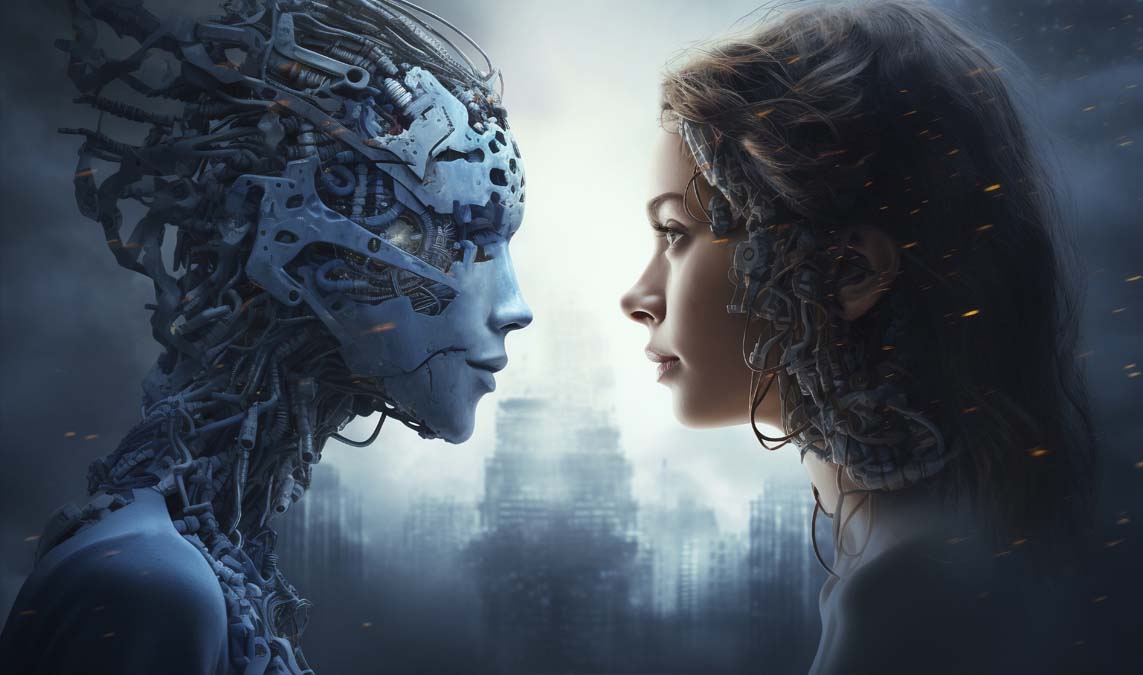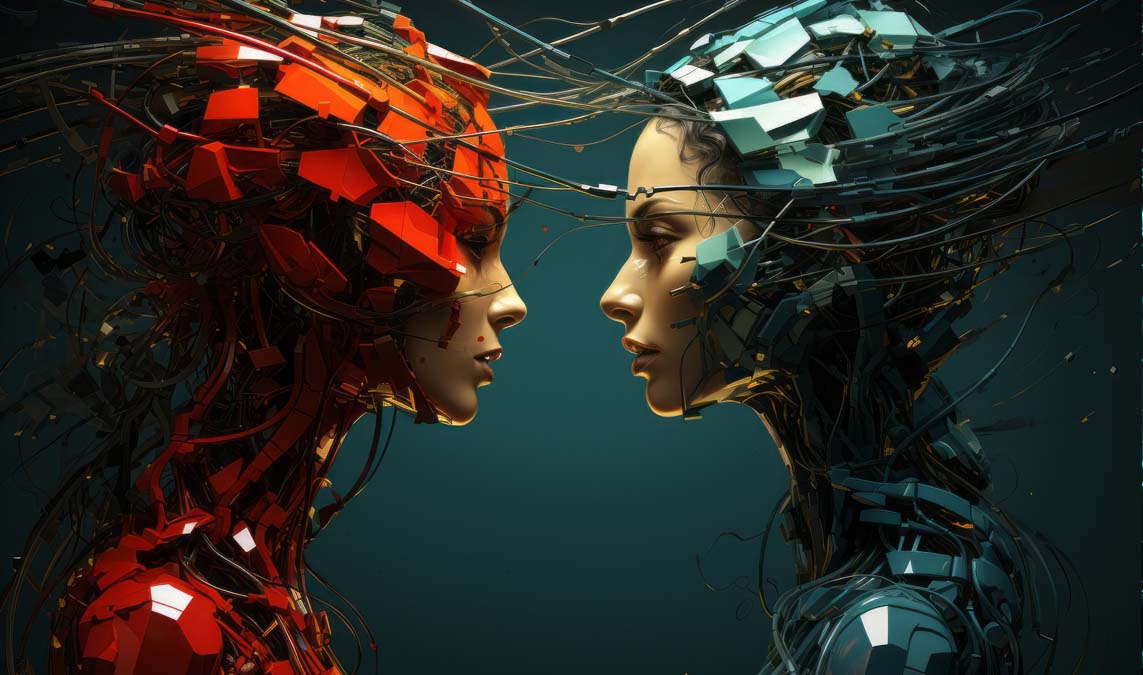In an era dominated by artificial intelligence, the demand for ethical AI companies has never been greater. As AI reshapes our world, from communication to defense systems, the need to ensure transparency, fairness, and accountability is a global priority. Thankfully, ethical AI companies are rising to the challenge. These pioneers are not only transforming technology but also uniting nations and fostering peace through collaborative, responsible innovation.
Across continents, governments, corporations, and civil society are increasingly aligned in recognizing that the development of artificial intelligence must serve humanity as a whole. Ethical AI companies are proving that it is indeed possible to build powerful, intelligent systems that honor human rights, promote equality, and strengthen international cooperation.
What Defines an Ethical AI Company?
To begin with, ethical AI companies operate on principles that prioritize human well-being. These include:
Transparency: Open AI models, explainable decisions, and clear algorithms.
Fairness: Eliminating bias in training data and outputs.
Accountability: Systems in place to address unintended consequences.
Inclusivity: Involving diverse global stakeholders in AI design and deployment.
Sustainability: Minimizing environmental impacts of large-scale AI infrastructure.
By implementing these values into their core operations, such companies become catalysts for global peace and innovation.
Ethical AI and Global Inclusion
One of the most compelling aspects of ethical AI companies is their global inclusiveness. These companies recognize that AI should not serve the interests of a single country or demographic. Rather, they aim to create systems that work across languages, cultures, and socioeconomic backgrounds.
For instance, multilingual natural language models developed by ethical AI companies help bridge communication barriers in diplomacy and global health. By making AI tools accessible in underrepresented regions, these companies empower communities often left behind by technological revolutions.
In addition, inclusive design means considering how AI affects women, minorities, and marginalized groups globally. Ethical AI companies are integrating human rights frameworks into their development pipelines, ensuring that AI becomes a force for unity, not division.

How Ethical AI Companies Promote Peace
While technology has often been associated with geopolitical tension, companies are showing that it can also be a medium for peace. Here’s how:
1. Cross-Border Collaborations
Ethical AI firms often collaborate with international research institutions, NGOs, and governments. These partnerships enable the development of globally-relevant solutions—from climate change mitigation to pandemic forecasting. Such joint efforts strengthen ties between nations and foster a shared vision for peaceful advancement.
2. Conflict Resolution Tools
AI is increasingly being used to monitor hate speech, predict conflict zones, and track human rights violations. Ethical companies are developing these tools in collaboration with peacekeeping organizations like the United Nations, helping reduce tensions and preempt violence.
3. Education and AI Literacy
Education remains a pillar of peace. Ethical AI companies invest in open-source learning platforms, scholarships, and online academies. By democratizing AI knowledge, they empower global citizens to participate in ethical AI development, making technology a bridge instead of a barrier.
Notable Ethical AI Companies Leading the Way
A growing number of companies are making headlines for their commitment to ethics. Here are a few standout examples:
Although widely known for its AI innovations, OpenAI operates with a capped-profit model and emphasizes safe, aligned AGI. Its collaborations with international communities aim to keep AI beneficial and inclusive.
Although widely known for its AI innovations, OpenAI operates with a capped-profit model and emphasizes safe, aligned AGI. Its collaborations with international communities aim to keep AI beneficial and inclusive.
This company stands out for promoting open-source AI. With community-first development and ethical datasets, Hugging Face is ensuring AI remains transparent and equitable.
Anthropic is building reliable, steerable AI with safety at its core. Its mission revolves around creating systems that are understandable and controllable by humans—a cornerstone of ethical design.
Challenges and the Road Ahead
Of course, even ethical AI companies face daunting challenges. Balancing innovation with responsibility is a delicate task. Data privacy, algorithmic bias, and regulatory hurdles remain persistent issues. Yet, as nations come together to create global frameworks—like the OECD AI Principles and UNESCO’s AI Ethics Recommendation—the landscape is shifting toward shared responsibility.
Furthermore, ethical AI companies advocate for better standards, improved audits, and more inclusive governance. Their continued influence in shaping international AI policies ensures that the road ahead, though complex, remains hopeful.
Uniting Nations Through Ethical Innovation
The conversation around artificial intelligence must transcend borders. Ethical AI companies are uniquely positioned to serve as mediators—building technologies that align with international laws, respect cultural values, and elevate peace-driven innovation.
Through their efforts, we are witnessing a technological renaissance rooted not in profit alone, but in purpose. From African startups tackling food insecurity with ethical AI, to Scandinavian firms leading green tech with responsible models, these companies show that ethical innovation can flourish everywhere.
Conclusion
The age of artificial intelligence is not just about faster machines and smarter algorithms—it’s about who we become as a global society. Ethical AI companies are showing us that progress and principle can coexist. By embracing transparency, inclusivity, and accountability, they are not just shaping the future of technology—they are uniting nations, empowering voices, and laying the foundation for a more peaceful world.
As we move forward, supporting and spotlighting companies is not just a moral choice—it’s a collective imperative for global stability, shared prosperity, and lasting peace.








Add Comment